Gemini Review 2023 - Features, Fees and Top Alternatives

In the dynamic world of cryptocurrency, it's essential to select a reliable and user-friendly exchange. One name that consistently ranks among the top platforms is Gemini.
Founded by the Winklevoss twins in 2014, Gemini has steadily risen to prominence. But how does it fare in 2023?
In this in-depth review, we break down Gemini's features, evaluate its fee structure, and introduce some of its top alternatives.
Gemini Exchange Overview
Gemini, headquartered in New York City, is a globally recognized cryptocurrency exchange and custodian.
Established in 2014 by the entrepreneurial Winklevoss twins, Cameron and Tyler, the platform has carved a niche for itself with its emphasis on regulatory compliance, robust security, and transparent operations.
Licensed by the New York State Department of Financial Services, Gemini prides itself on its user-centric approach, catering to both beginner investors and experienced traders alike.
Over the years, its dedication to creating a safe, transparent, and user-friendly ecosystem for digital assets has positioned it as one of the premier choices in the cryptocurrency trading world.
Key Features of Gemini
Safety and Security: Gemini is renowned for its state-of-the-art security infrastructure. With the increasing cyber threats in the crypto realm, the platform has further bolstered its security measures in 2023 to ensure users' assets remain protected.
User Experience: The Gemini platform offers a seamless user experience. Its intuitive design, coupled with advanced trading features, caters to both new and professional traders.
Gemini Earn: This feature allows users to earn interest on their crypto holdings. With competitive interest rates, many see it as a lucrative option to grow their investments.
Mobile Application: Gemini's mobile app has undergone significant improvements this year, ensuring users can trade and manage their assets on-the-go with ease.
Gemini Pay: An innovative feature allowing users to pay using cryptocurrencies at various outlets. With an increasing number of vendors joining the network, Gemini Pay has become more versatile than ever.
Fee Structure on Gemini
Gemini has always been transparent about its fee structure. Here’s a simplified breakdown for 2023:
Trading Fees: Gemini operates on a maker-taker fee schedule. For traders executing more than $1M, the taker fee is around 0.15%, and the maker fee is around 0.05%. For those trading under $10,000, the taker fee is approximately 0.3%, and the maker fee stands at 0.1%.
Deposit and Withdrawal Fees: Gemini offers multiple deposit methods. While ACH deposits are free, wire transfers might come with bank-imposed fees. For withdrawals, there's a small fee, but it remains competitive compared to other exchanges.
Gemini Earn Fees: While the platform allows users to earn interest, it does take a percentage as commission. This varies depending on the crypto asset, but it's always displayed transparently.
How to Create an Account on Gemini?
Starting your journey with Gemini is a straightforward process. Follow these step-by-step instructions to create your account:
1. Visit the Website: Navigate to the official Gemini website at www.gemini.com.
2. Sign Up: Locate and click the “Get Started” or "Sign Up" button, typically found at the top right corner of the homepage.
3. Enter Personal Details: Fill in the required information, which usually includes your full name, active email address, and a secure password. It's essential to use a strong, unique password for added security.
4. Verify Email: After entering your details, you'll receive a verification email. Open the email and click on the provided link to confirm your address.
5. Provide Additional Information: Gemini, being compliant with regulatory standards, will ask for more personal details such as your phone number, home address, and date of birth. This ensures the platform meets Know Your Customer (KYC) regulations.
6. Identity Verification: Upload a clear picture of a government-issued ID, like a passport or driver’s license. Some regions might require additional documentation, such as a proof of address.
7. Set Up Two-Factor Authentication (2FA): For added account security, set up 2FA. This typically involves linking your phone number or using an authenticator app to generate time-sensitive codes.
8. Review and Accept Terms: Thoroughly go through Gemini's terms of service and privacy policy. Once you understand and agree, accept the terms to proceed.
9. Complete the Setup: Once your identity is verified — which might take anywhere from a few minutes to several days, depending on the volume of requests — your account will be active. You can now deposit funds and start trading.
Gemini Customer Support Review
Gemini's dedication to user experience is evident in its customer support. Offering a blend of responsive email assistance, an extensive FAQ section, and a user-friendly help center, Gemini strives to address user concerns promptly.
While the platform has faced peak times when responses were slightly delayed, their overall track record in resolving issues is commendable. Users have often appreciated the clarity and professionalism of responses.
However, a common wish among its clientele is the addition of a live chat or phone support feature, which could further enhance real-time assistance.
Pros and Cons of Gemini
Gemini, like any platform, comes with its distinct advantages and areas of improvement. Here's a balanced view.
Pros:
- Regulatory Compliance: Gemini is one of the few exchanges fully licensed and regulated, offering users added confidence.
- Robust Security: Their commitment to security, including offline cold storage and state-of-the-art encryption, is noteworthy.
- User-Friendly Interface: The platform is designed for both beginners and seasoned traders, making navigation seamless.
- Transparent Fee Structure: Users always know what they're paying, with no hidden charges.
Cons:
- Limited Coin Offerings: Compared to some competitors, Gemini offers fewer cryptocurrencies.
- No Live Support: While their customer service is robust, the absence of live chat or phone support can be a drawback for urgent queries.
- Higher Fees: Some users find Gemini's fee structure slightly more expensive than other popular exchanges.
Is Gemini Right for You?
Determining if Gemini is the right fit hinges on your priorities. If you value a regulated, secure, and user-friendly platform, Gemini stands out as a top choice. Their transparent fee structure and commitment to user experience cater to both newcomers and seasoned traders.
However, if your focus is on a vast selection of cryptocurrencies or the lowest possible fees, you might want to explore further. Ultimately, it's essential to align your needs with the exchange's offerings before committing.
Top Alternatives to Gemini
With the growth of the crypto industry, several exchanges have made their mark. Here are three top contenders:
Binance: Globally recognized, Binance offers a vast array of cryptocurrencies. Its trading fees are competitive, and it boasts of an intuitive interface and robust security measures.
Coinbase: A direct competitor to Gemini, especially in the U.S., Coinbase is known for its user-friendly interface, making it ideal for beginners. It also places a strong emphasis on security and regulatory compliance.
Kraken: With its comprehensive set of features and commitment to security, Kraken has become a top choice for many crypto enthusiasts. Its fee structure is transparent, and the platform supports a wide variety of cryptocurrencies.
Also Check - Kraken latest offers
Frequently Asked Questions
Q1. Is Gemini available worldwide?
While Gemini primarily serves U.S. customers, it has expanded its services to various countries. However, the availability might vary depending on local regulations.
Q2. How does Gemini ensure the security of its users' funds?
Beyond its top-notch encryption, Gemini also keeps a significant portion of its funds in cold storage, minimizing the risk of hacks.
Q3. Can I use fiat currencies on Gemini?
Yes, Gemini allows users to deposit and trade using fiat currencies, primarily the U.S. dollar.
Q4. What are the deposit and withdrawal limits on Gemini?
These limits vary based on account type and verification status. It's best to check the official Gemini site for up-to-date specifics.
Q5. Does Gemini offer any educational resources for crypto beginners?
Indeed, Gemini has a resource section dedicated to educating users about the crypto world, from the basics to advanced trading strategies.
Q6. How does Gemini handle forks and airdrops?
Gemini has a policy to review forks and airdrops on a case-by-case basis. Users are typically informed ahead of any significant network changes.
Q7. Can I set up recurring buys on Gemini?
Yes, with Gemini, you can schedule daily, weekly, or monthly purchases, enabling a dollar-cost averaging strategy.
Q8. Are there any mobile apps associated with Gemini for trading on-the-go?
Absolutely, Gemini offers a streamlined mobile app available for both iOS and Android, allowing users to trade and manage their portfolio from anywhere.
Conclusion
Gemini continues to be a leading force in the cryptocurrency exchange world in 2023. Its commitment to user experience, security, and innovative features like Gemini Earn and Pay make it a compelling choice.
However, as with any investment decision, users should consider their unique needs and circumstances. Binance, Coinbase, and Kraken are all worthy competitors with their own sets of advantages.
It's always advisable to do thorough research, keep updated with the latest insights, and make informed decisions to navigate the ever-evolving crypto landscape.
Disclaimer
The information provided on this website does not constitute investment advice, financial advice, trading advice, or any other sort of advice and you should not treat any of the website's content as such.
Token Metrics does not recommend that any cryptocurrency should be bought, sold, or held by you. Do conduct your own due diligence and consult your financial advisor before making any investment decisions.
Create Your Free Token Metrics Account

.png)




%201.svg)
%201.svg)


%201.svg)



.png)

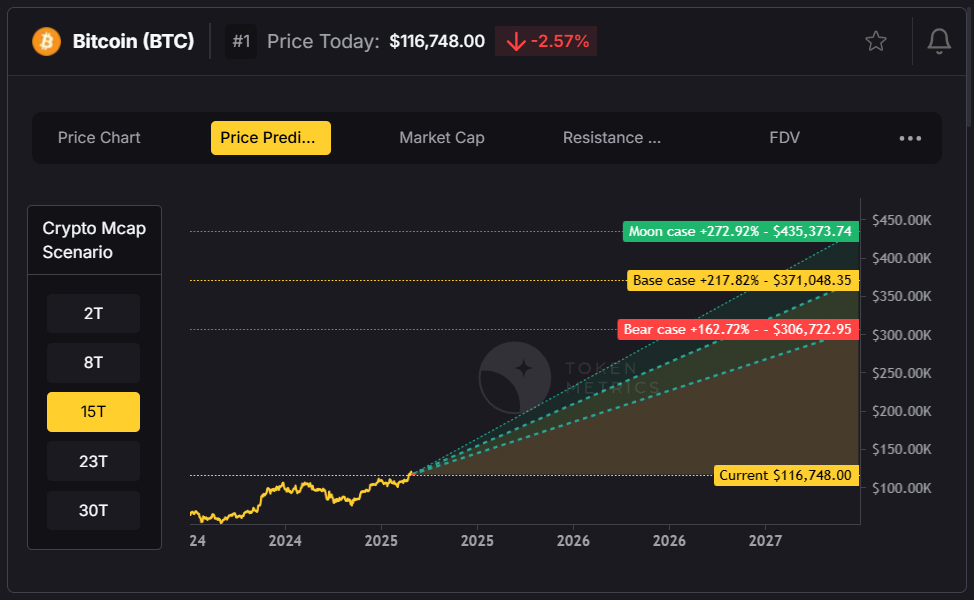


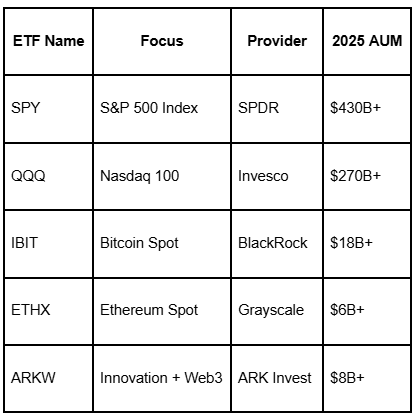
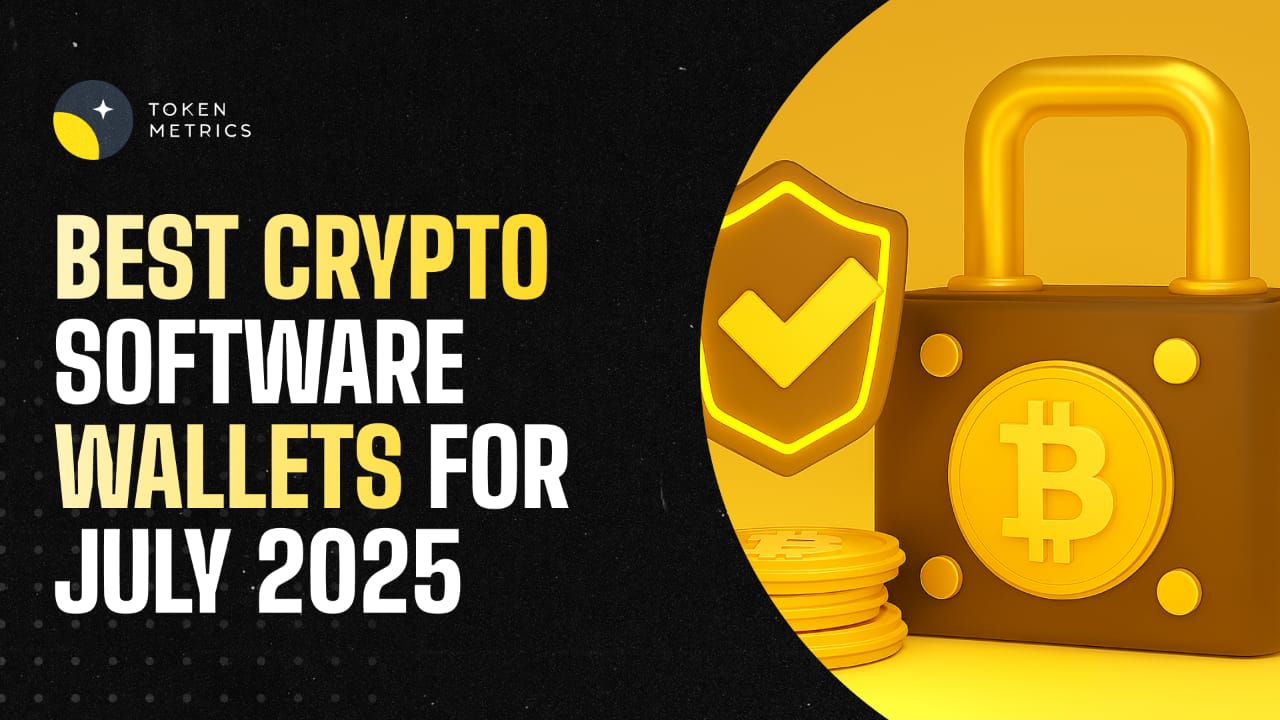



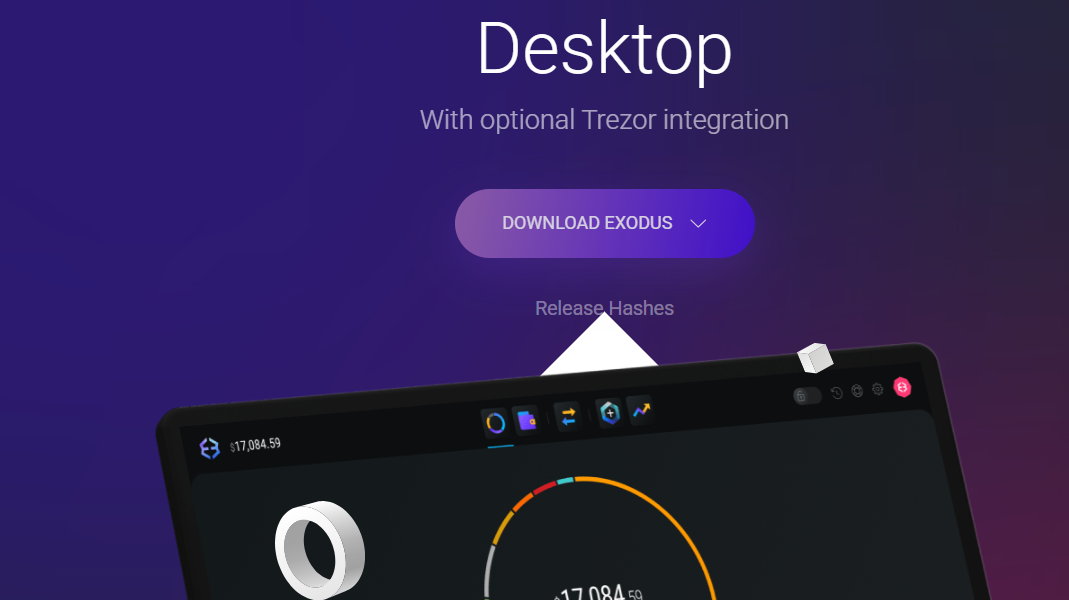
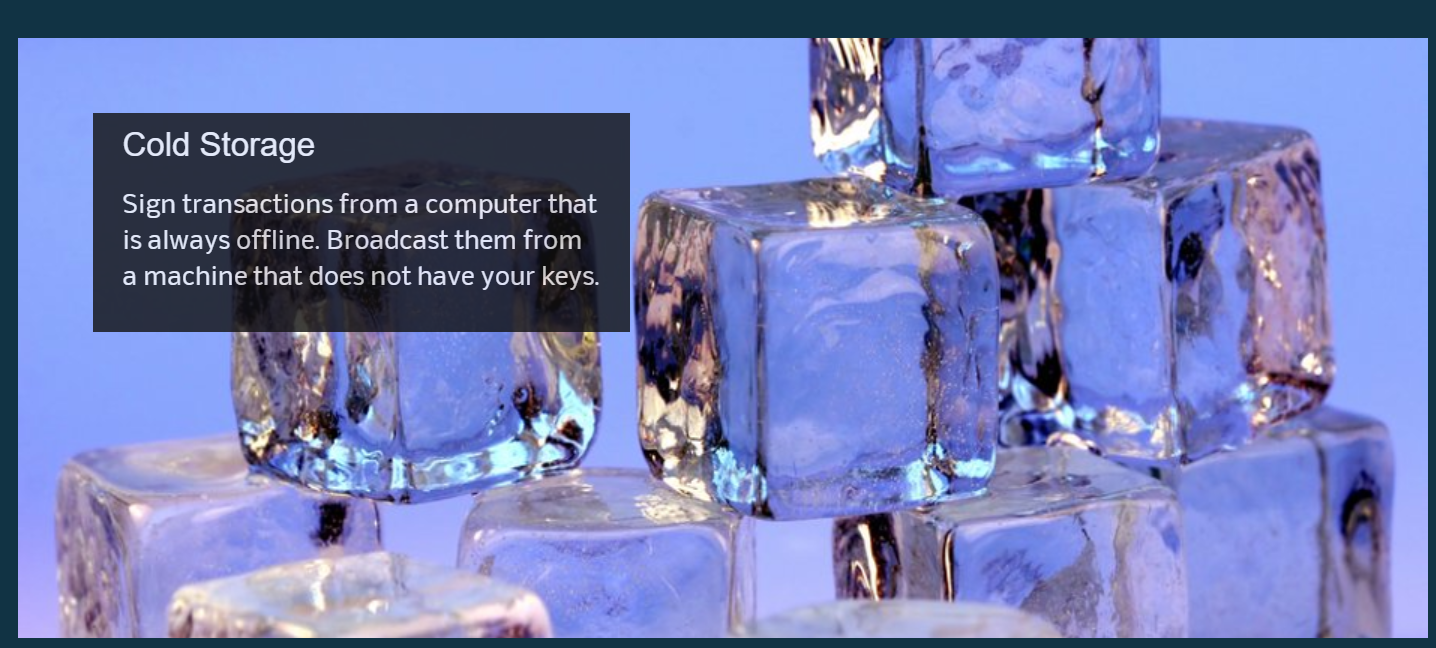


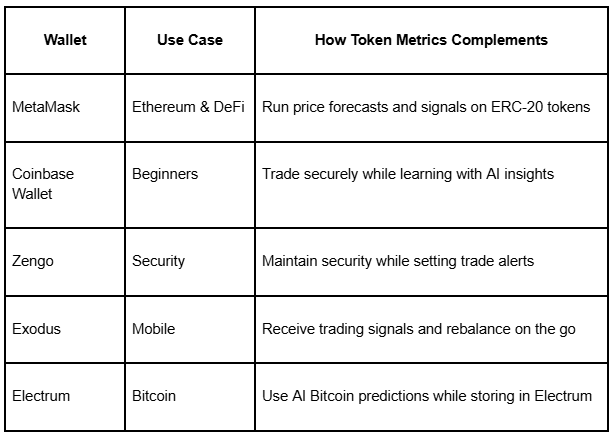
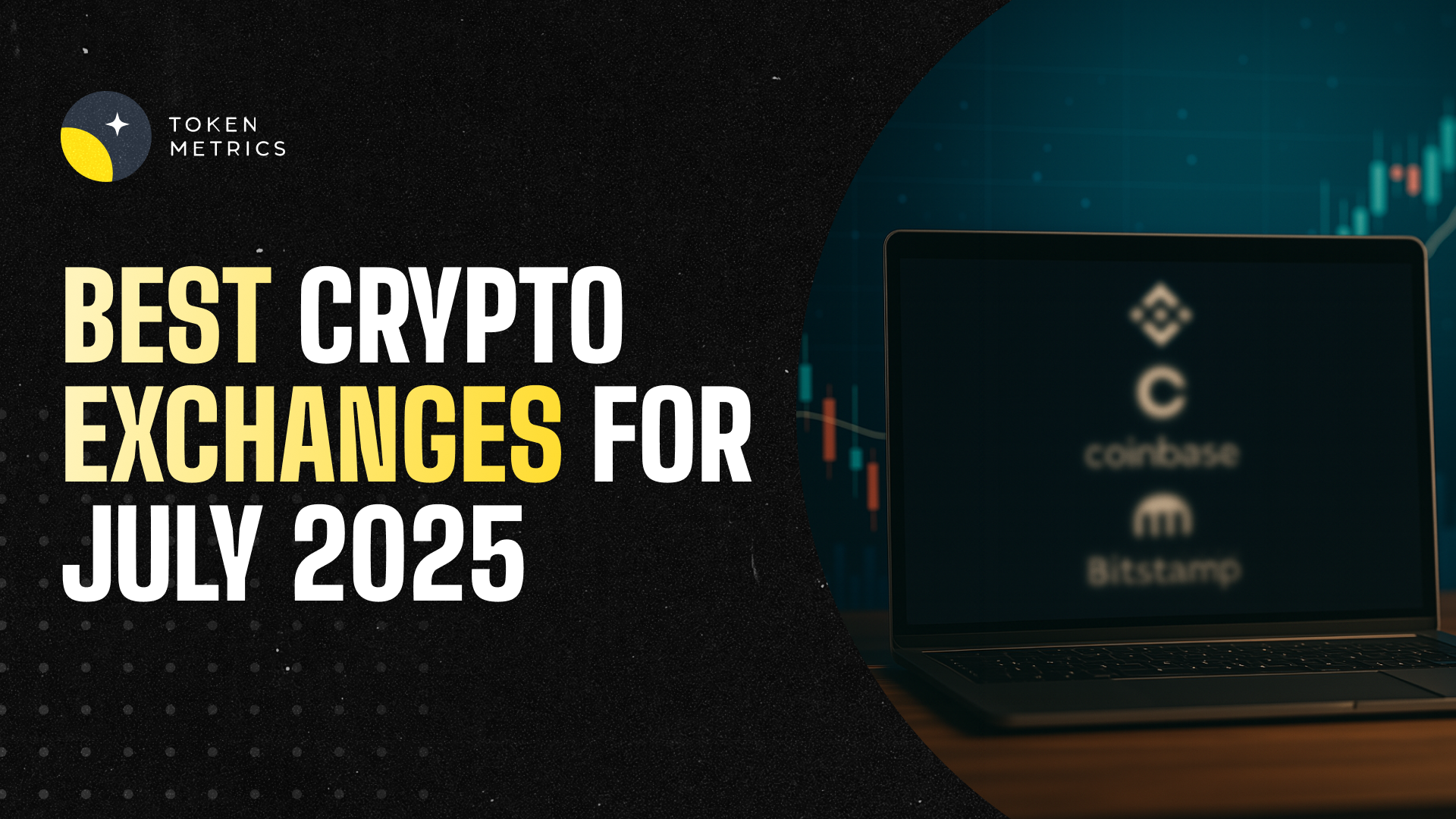
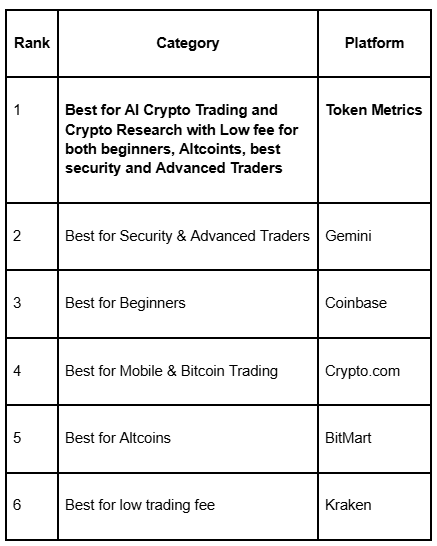



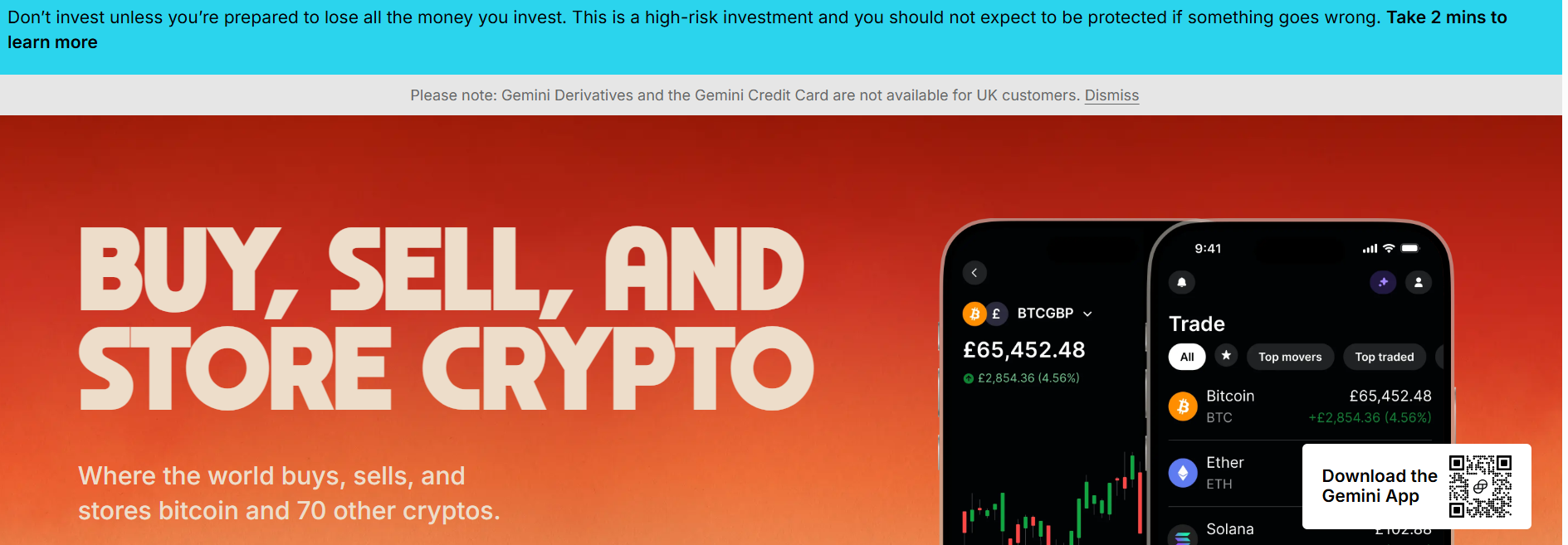
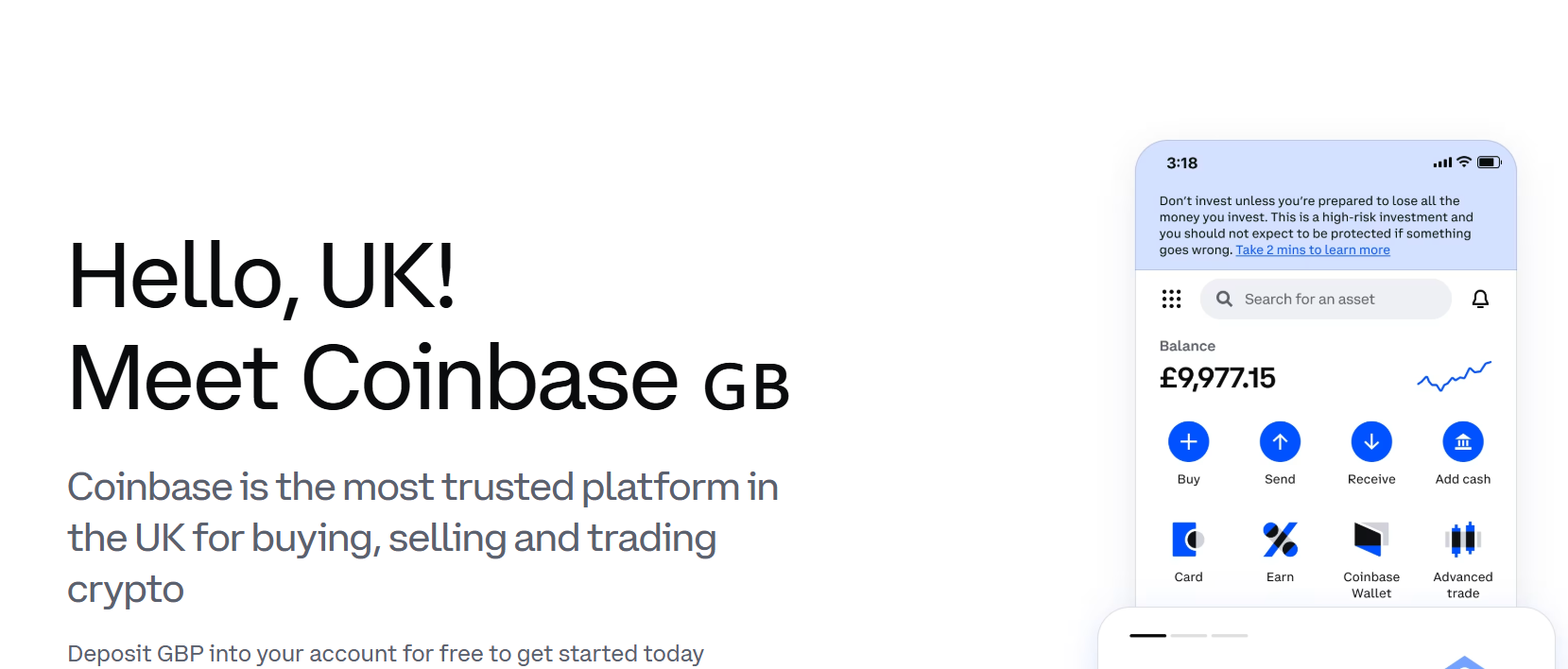
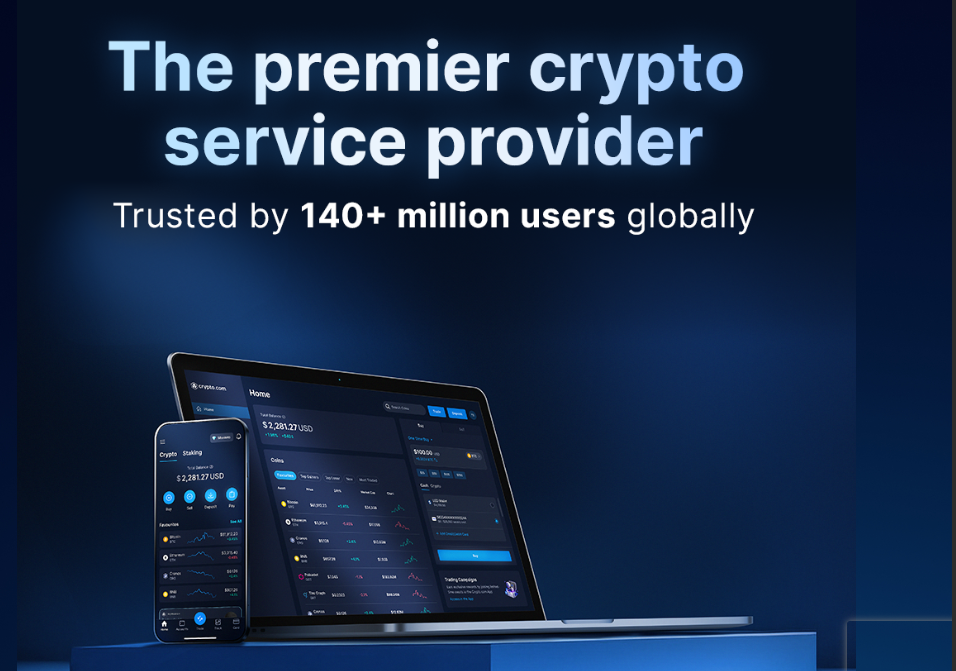
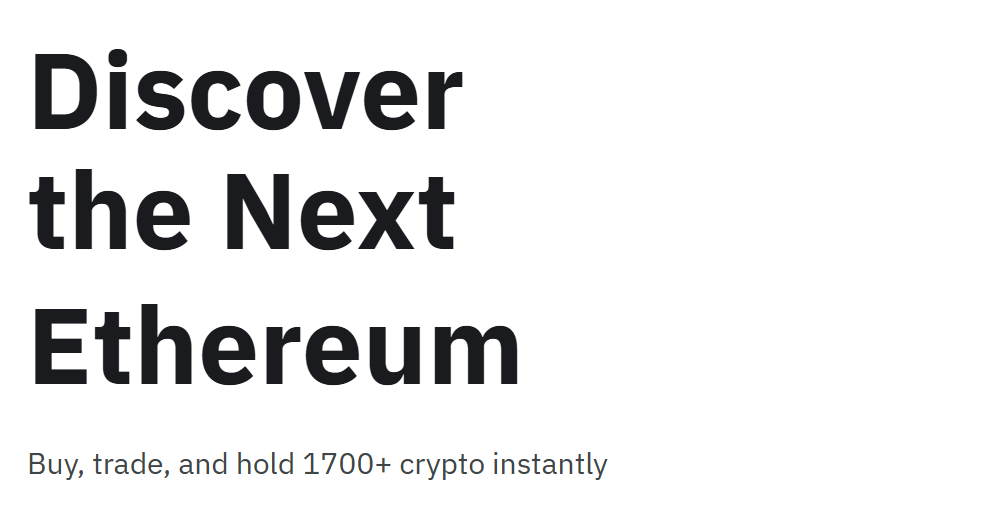
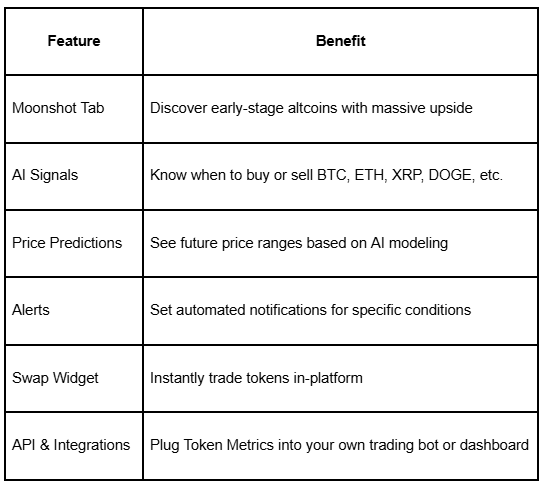




.svg)




.png)